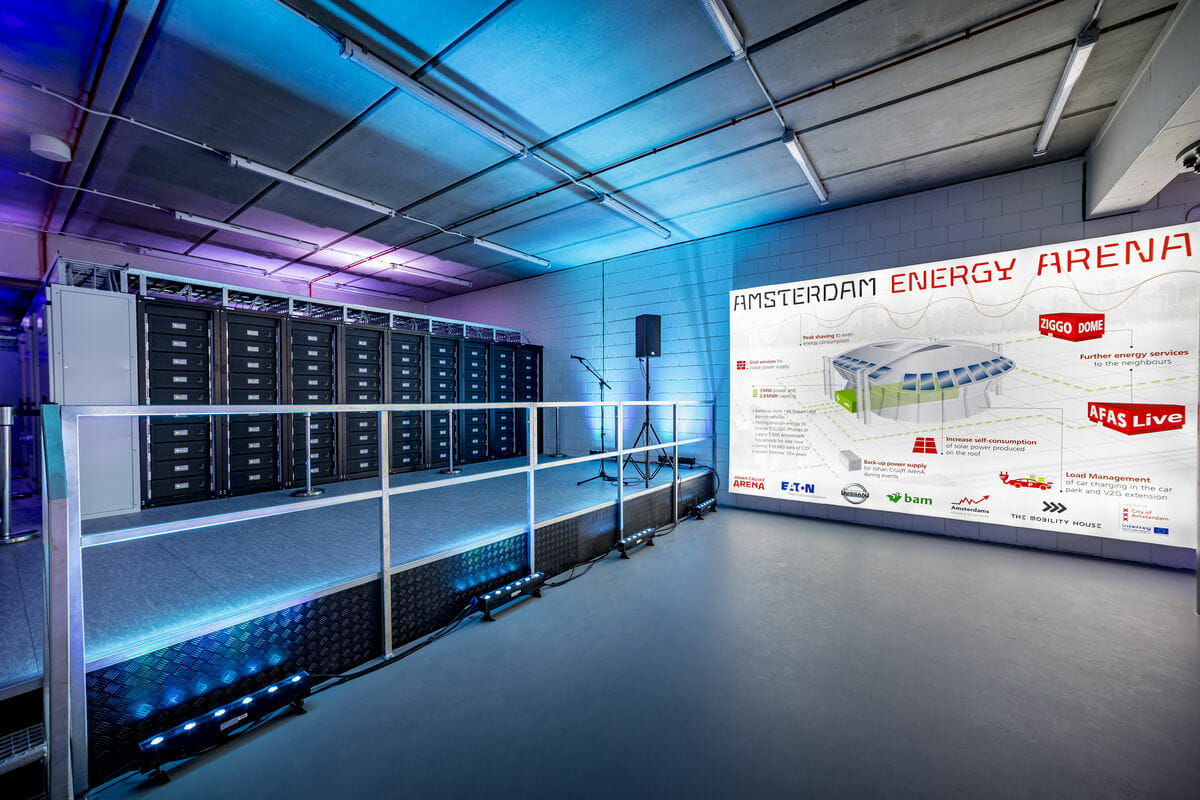Exploring the impact of e-mobility on stationary energy storage: Part 3 focuses on second-life batteries, repurposing EV batteries for sustainable stationary storage.

Our view on the latest developments in e-mobility.

Exploring the impact of e-mobility on stationary energy storage: Part 3 focuses on second-life batteries, repurposing EV batteries for sustainable stationary storage.

Adding a battery to an electric vehicle charging station can help to “buffer” the power required from the grid, thus avoiding peaks and related grid constraints or costly charges. Consequently, additional demand for stationary storage is triggered – but what needs to be considered to successfully seize this new market opportunity?

The emergence of electric vehicles is not only shaking up the automotive industry. Through the increased electrification of the transport sector, a growing interlink to the power market is being established, leading to both new opportunities and challenges for stationary energy storage players.